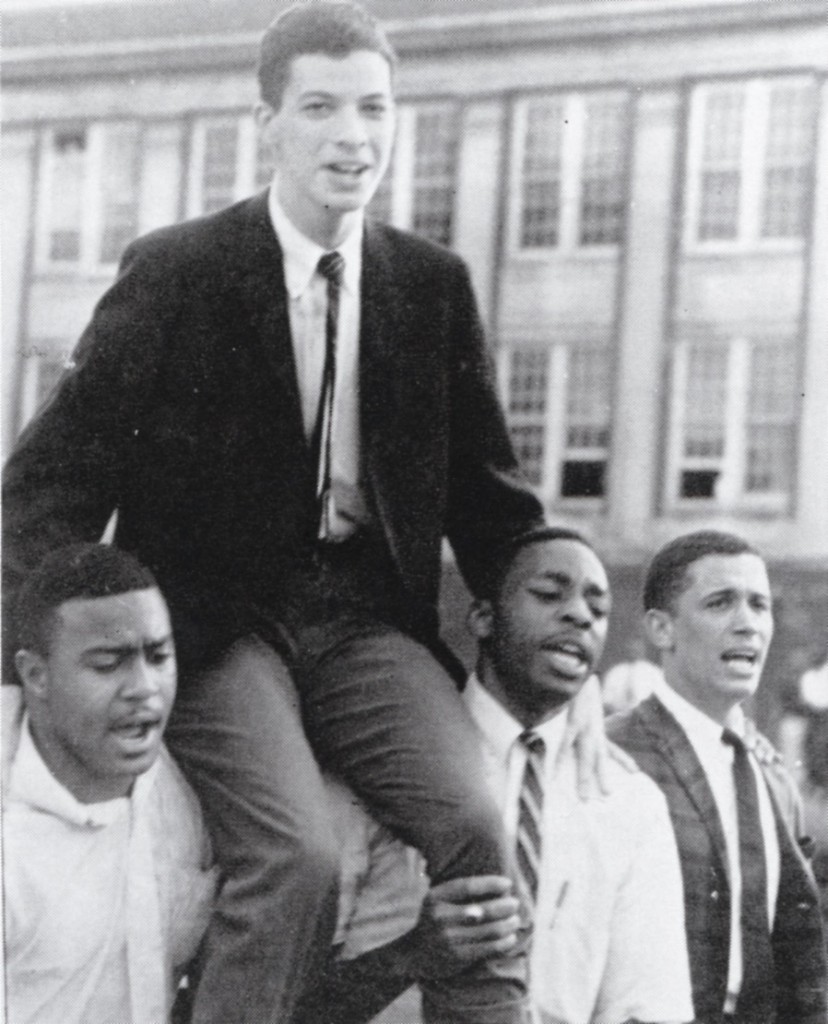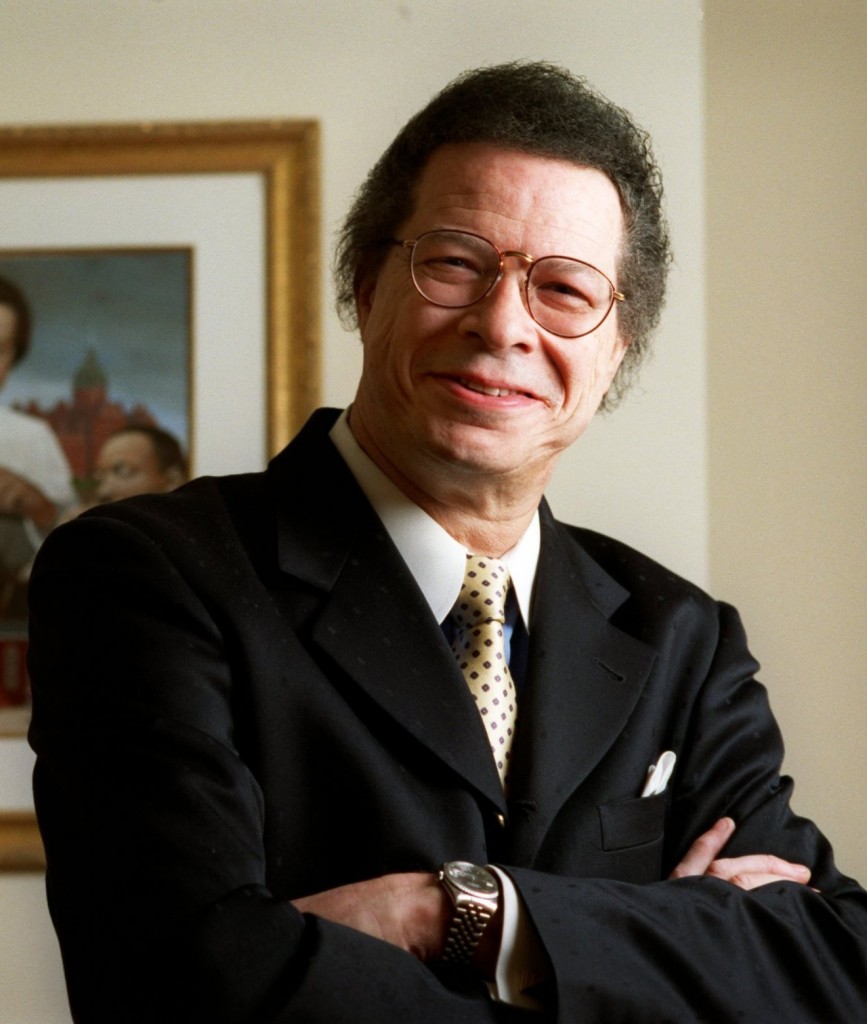
NASHVILLE, Tenn. (TSU News Service) – A memorial service for Dr. Levi Watkins, renowned cardiac surgeon, civil rights and political activist, and Tennessee State University alumnus, will be held on Monday, April 27 at the University.
Dr. Watkins died April 11 of complications from a stroke. He was 70.
The service will be held at 10 a.m., in the Forum Auditorium of the Floyd-Payne Campus Center. General parking will be at the Gentry Center Complex with shuttle service provided.
A behind-the-scenes political figure and civil rights activist who broke many racial barriers, Dr. Watkins was the first black chief resident of cardiac surgery at Johns Hopkins Hospital. He was known as much for fighting the injustice faced by African-Americans as for his groundbreaking medical work, such as the creation and implantation of the Automatic Implantable Defibrillator (AID). The device detects irregular heart rhythms and shocks the heart back to life.

“Dr. Levi Watkins changed the world with his passion for medicine,” said TSU President Glenda Glover. “The University family extends sincerest condolences to the Watkins family during this difficult time. Dr. Watkins not only impacted the field of medicine, but he also inspired African-Americans to become doctors as he broke down the color barrier at two of the nation’s leading medical institutions. TSU will always remember his service to others, professional achievements, and dedication to his alma mater. He leaves a tremendous legacy that will surely inspire our students and others that follow in his footsteps.”
Dr. Watkins was born in Parsons, Kansas, the third of six children, but grew up in Alabama, where he got his first taste of the civil rights movement. He met Dr. Martin Luther King Jr. at the age of 8 when he and his family attended Dexter Avenue Baptist Church in Montgomery, where Dr. King was the pastor. He became fully involved with the civil rights movement and the Montgomery Bus Boycott in 1956.
He attended Tennessee State University as an undergraduate, studying biology. Watkins was listed in the Who’s Who in American Universities and Colleges, and was the president of the Student Council from 1965-66, and National Vice President of Alpha Kappa Mu Honor Society. He was a member of the Beta Kappa Chi Scientific Society, Alpha Phi Alpha Fraternity, and the University Counselors.

Watkins was given the title of “Mr. Brains” by the yearbook staff in 1966 and was a member of the Nashville Collegiate Exchange Council.
After graduating with honors and at the urging of one of his biology professors at the University, he applied and made history at Vanderbilt University, where he became the first African-American to study and graduate from the school with a medical degree. It was an experience he described over the years as “isolating and lonely,” but would be the first of many milestones.
After graduating from Vanderbilt, Dr. Watkins started a general surgery residency at Johns Hopkins Hospital in 1970, where he became the first black chief resident of cardiac surgery. He left Baltimore for two years to conduct cardiac research at Harvard Medical School before returning to Johns Hopkins.

According to the Baltimore Sun, Dr. Watkins was outspoken yet humble. He never took his success for granted and worked tirelessly to help create the next generation of African-American doctors and activists.
Watkins helped launch a concerted nationwide drive to recruit talented minority students who were interested in studying medicine. Within a few years, Johns Hopkins was attracting black students from all over the nation who were convinced by Watkins that Johns Hopkins wanted them. The success of the Johns Hopkins minority recruitment campaign soon made it a model imitated by other medical schools.
In 1980, Watkins gained renown for implanting the first automatic heart defibrillator in a patient suffering from repeated, life-threating episodes of ventricular fibrillation, or irregular heartbeats. Such a procedure now is commonplace, saving untold lives annually.
Watkins received honorary degrees from Morgan State University, Spelman College, Meharry Medical College, and Sojourner-Douglass College. He was nominated twice for the Nobel Peace Prize for his contributions to the medical field.
He received the Thurgood Marshall College Fund award for excellence in medicine in 2010.In 2013, Watkins retired from John Hopkins after four decades.
He is survived by brothers Donald V. Watkins Sr., and James Watkins, sisters Annie Marie Garraway and Doristine L. Minott, and several nieces and nephews.
Tennessee State University
3500 John Merritt Boulevard
Nashville, Tennessee 37209
615.963.5331
About Tennessee State University
With more than 9,000 students, Tennessee State University is Nashville’s only public university, and is a comprehensive, urban, co-educational, land-grant university offering 42 undergraduate, 24 graduate and seven doctoral programs. TSU has earned a top 20 ranking for Historically Black Colleges and Universities according to U.S. News and World Report, and rated as one of the top universities in the country by Washington Monthly for social mobility, research and community service. Founded in 1912, Tennessee State University celebrated 100 years in Nashville during 2012. Visit the University online at tnstate.edu.